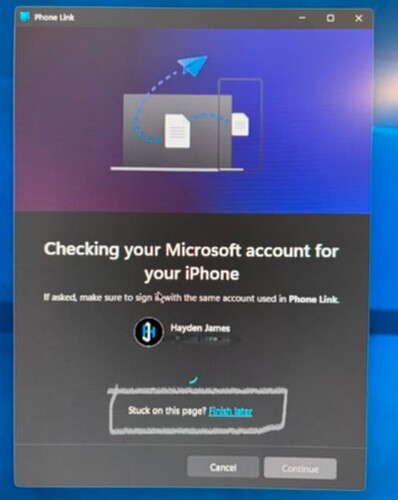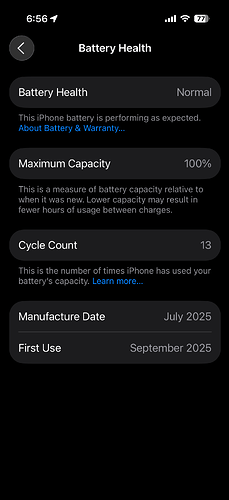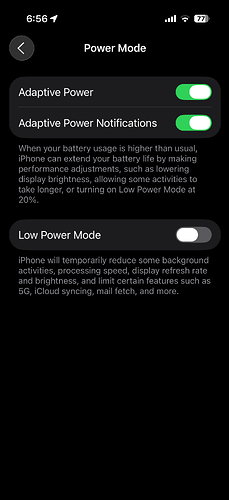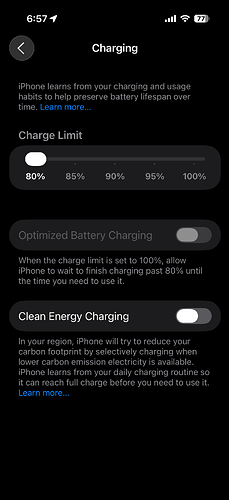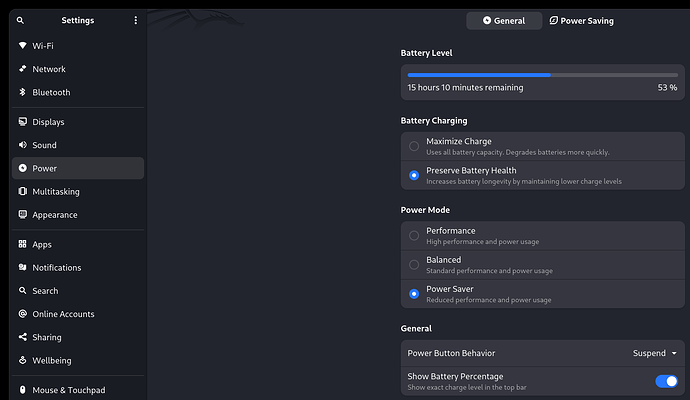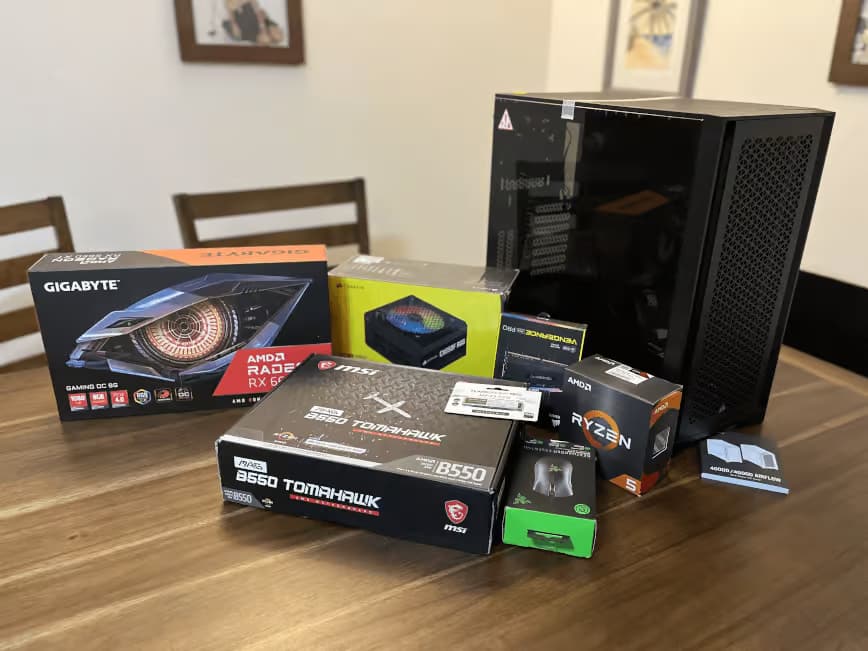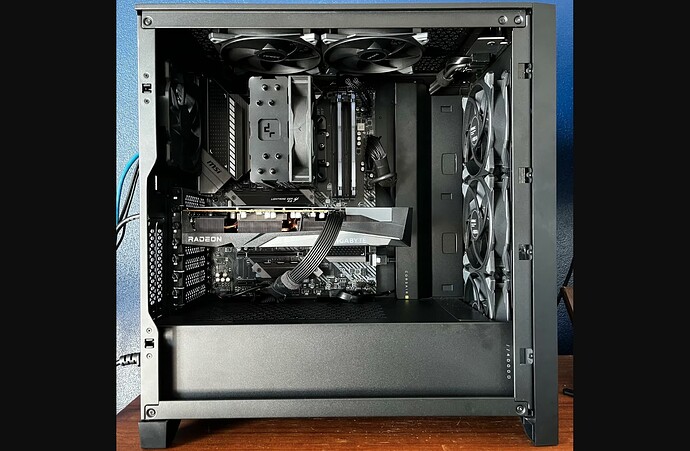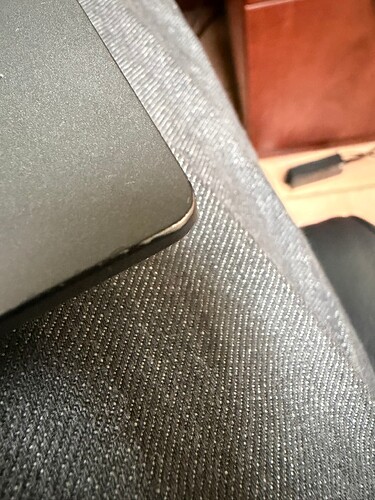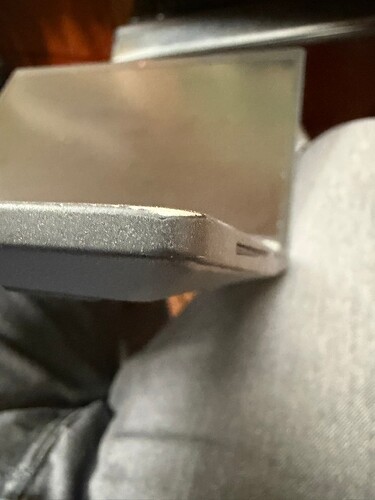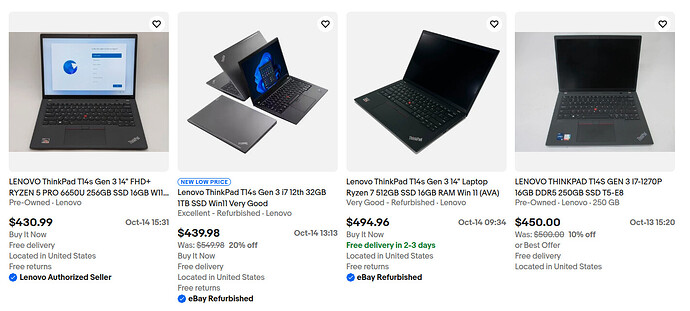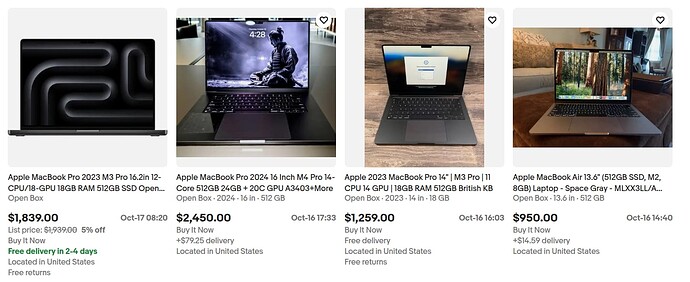I found this Microsoft Windows messaging hilarious. ![]()
Classic Microsoft! Instead of making the process seamless… they just don’t.
This is where Apple and UniFi absolutely shine. Once you’ve experienced their ecosystem, it’s mind-blowing how far ahead they are in polish, simplicity, and time-saving convenience compared to competitors. Something as basic as AirDrop just works. It never hangs, never slows down.
Even UniFi isn’t as smooth as Apple, but compared to setting up their competitors like Cisco’s Meraki or TP-Link Omada they are much more seamless.
Both use Apple and UniFi make use of Unix and Linux respectively, Apple underlying Darwin / XNU kernel of macOS is derived from Unix, UniFi EdgeOS and other OS uses Debian. Steam using Arch Linux. But of the three, Apple stands out by far. It’s the most stable, requires the least troubleshooting, and its OS and cloud services consistently “just work.”
I keep wondering what fundamental principles they follow when developing new services and software. Maybe that’s why they’re so far behind in the AI race?? They’re rarely first to market, but when they finally launch something, it’s often head and shoulders above everyone else.
I’ve had three personal experiences with Apple hardware support that say everything about their approach.
The first was with my AirPods. They stopped charging, so on a trip to the US, I walked into an Apple Store. While waiting, I watched someone give a live presentation on camera tips; simple, practical stuff I actually learned from. When it was my turn, they asked if I’d used a third-party case to charge them. I admitted I had. They clearly knew anyway; Apple’s backend tooling for device diagnostics is stellar. Their solution? “Here’s a new pair. Don’t use third-party charging cases because Apple’s own case manages charging based on heat, time of day, proximity to your phone, and more.
With iOS 26, Apple exposed more of those charging features for user control. That brings me to the second experience. I value great hardware. No, seriously, quality hardware is sexy. It’s why I use things until they’ve given me every penny’s worth. Last month, I decided to trade in my iPhone 13. The only real issue was the battery, which I admittedly abused over four years. I ran it to zero more times than I can count. Battery health was down to 64%. I think also 3rd party chargers are again to blame, lesson learned, and it’s really because with Apple charging isn’t “just charging” have a look at the battery health management on iPhone 26:
Don’t get me wrong, this isn’t new. And compare that to Gnome on my ThinkPad 14s:
But it’s that they are allowing everyday users who control these settings in thoughtful ways that avoid them tweaking their device in a harmful way.
What I wish is that they offered a Pro version to their OS that opened up more options for everything, like on Android or Linux I could set my battery to stop charging when it hits 50% just becasue! ![]()
Last month I switched from the base iPhone 13 to the 17. They inspected the old iPhone, noted it looked great, and gave me $212 trade-in credit! Try that with a Samsung or OnePlus after four years. I’ve owned both. There’s no support, and resale value is low compared to Apple hardware.
The third experience wasn’t mine but a friend’s. His MacBook wouldn’t stay on despite showing a full battery. Apple diagnosed a cooling issue and replaced his laptop.
Experiences like these make me curious: again, what fundamental principles are baked into Apple’s culture that make their support and software work this seamlessly? From the iCloud, hardware, trained staff, to their warranty, everything is very customer-satisfying driven.
I’m about 90% sure that in four or five years, I’ll switch my ThinkPad to a MacBook. By then, my ThinkPad will have little no resale value. lol I’ll probably just give it away, because, for example my Alienware I cannot get anything worthwhile for it, so I keep it along with 3 other laptops we have that just sit around at the end-of-life. They’re great machines, and being able to run Linux with a tiling WM is their biggest strength.
But unlike Apple, there’s no real trade-in program/value. Apple, on the other hand, usually offers around 20% less than what you’d get on eBay, so you actually have options; you can get more selling privately.
I don’t like that I buy hardware, use it, and then when it’s time to replace it, I cannot sell it and am kind of just stuck with hardware that works but is old and near valueless. I feel like that’s what’s drawing me to Apple, the hardware quality and value, even more than it’s OS and ecosystem.
I COULD run Linux on a Macbook, but I don’t think I would, I can still use all the Linux tools on macOS. Can use terminal, Termius and there are tiling WM options:
So it’s less of a move than Windows. On PC I would always stick with Linux + Windows multi-boot, so for me I just need to be able to set up the same “super” shortcut keys on a MacBook.
On desktop, I built my desktop PC for < $1000, and in years to come I can upgrade any component from the motherboard upwards:
But this is years away. Speaking of hardware, here’s how my ThinkPad is wearing just below the palm wrest:
I’ve had it 2 years:
I only buy laptops used for the same reasons I gave above. No resale value; I paid $700 for a $1200 laptop that was open-box. An open box $1200 MacBook would still cost $1100 on ebay, seriously!
I paid $700 2 years ago, look at the value now:
2-year old Macbooks:
You are basically throwing away money when we buy Lenovo, Dell, etc. Any suggestions on laptop hardware that holds its value like MacBooks? That said, there is a valid argument that the high end MacBooks in the $2000 to $4000+ range don’t retain value. That’s partly because the buyers who can afford a $2000 laptop are going to just buy new anyway.
Anyway, this turned into a full rant… all from that one screenshot of the Windows 11 phone sync feature. But honestly, it says a lot about the low standards Microsoft seems content to ship.
